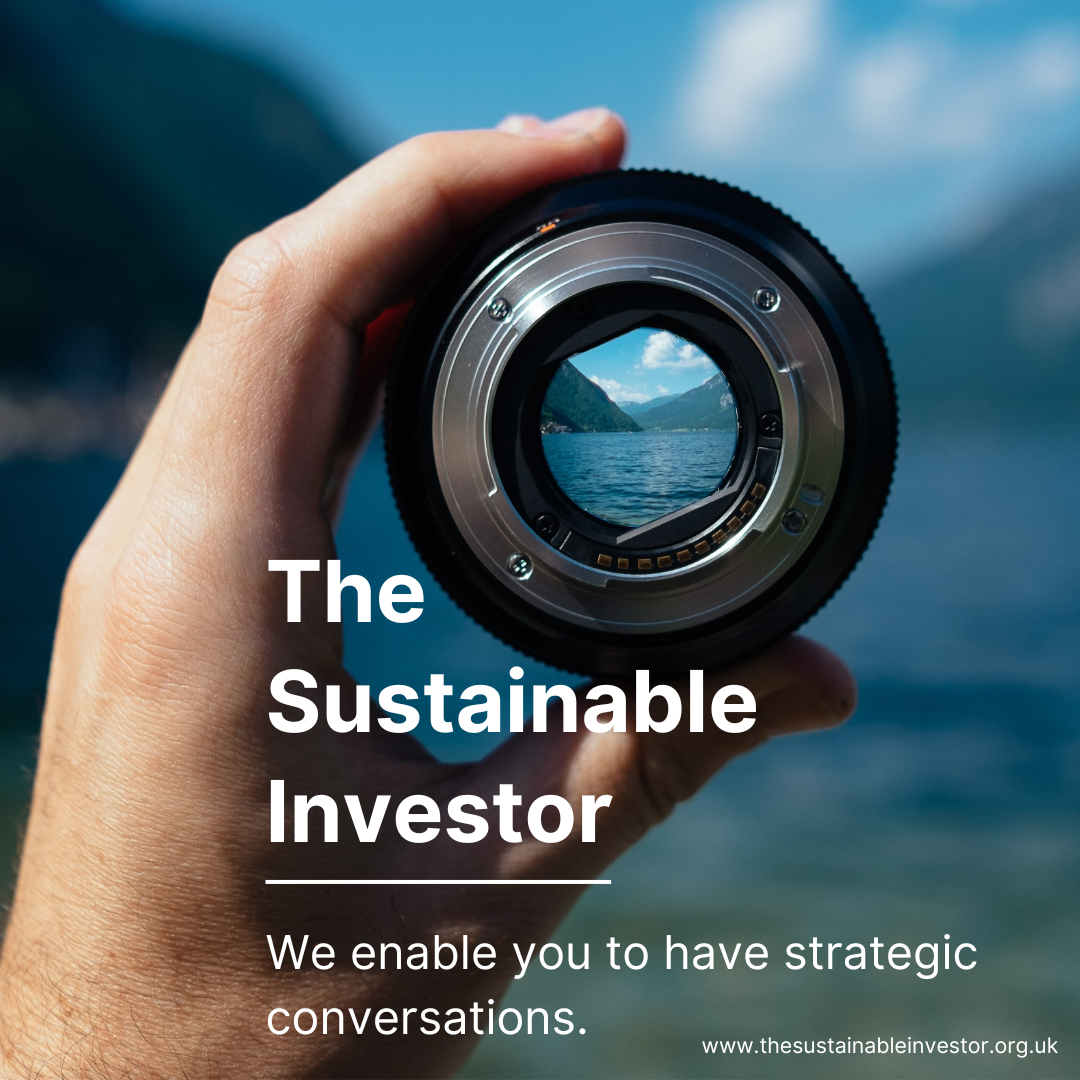
Still low on philanthropic action
Whilst philanthropists and nonprofits are alarmed, there isn't enough action.
Summary: CEP conducted a survey of US-based foundations and nonprofits to understand how the philanthropy sector views climate change and their approach, whether engaged in climate change efforts or not. Whilst the majority felt climate change was an extremely urgent problem and could negatively affect the ability for their foundations to achieve their goals, only a very small proportion had had discussions at board level about that.
Why this is important: Climate change is a macro factor that will likely prevent foundations from achieving their aims regardless of whether those aims are directly aimed at addressing climate change.
The big theme: The use of ESG factors and considerations in the investment process has evolved from a highly specific and niche practice to a multi-billion dollar segment of the asset management industry. However in recent months there has been backlash arguing that ESG and even impact and sustainable investing is at odds with fiduciary duty. However, as Professor Alex Edmans puts it in his paper “The End of ESG” where he discusses the importance of ESG’s ascent into mainstream practice, “...but Finance 101 has always stressed how a company’s worth is the present value of all its cash flows, including those in the very distant future, and must take into account any factor that affects future cash flows.” Climate change is one such factor that will impact future cash flows.

The details
Total philanthropic giving by individuals and foundations focused on climate change mitigation represented less than 2% of total global philanthropic giving in 2019.
CEP conducted a survey of US-based foundations and nonprofits in 1Q2022 (with responses from 188 foundation leaders and 120 nonprofit leaders) to understand how the philanthropy sector views climate change and their approach, whether engaged in climate change efforts or not.
60% of both Foundation and Nonprofit leaders felt that climate change was an extremely urgent problem. More than 70% of Foundation leaders felt that climate change would negatively affect the issues that their foundations focus on and their ability to achieve their goals. However, less than 15% have had board discussions about how climate change affects the foundation’s ability to deliver. Respondents felt that the public sector, private industry, foundations and nonprofits could all do more.
Foundation efforts to address climate change are relatively limited with more than 70% of climate foundation leaders having less than 20% of their total grant dollars for the current fiscal year dedicated to climate funding. Foundation and nonprofit leaders both felt engagement could be more effective but only 11% of foundation leaders rated their own foundation’s efforts as very effective.
Most non-climate funders tend to see the issue of climate change as outside the scope of their mission despite having concerns about climate change. 47% of those surveyed do not plan to consider funding efforts in the area.
Let's take a look at why this is important...
Why this is important
The key point that jumped out of the survey was that climate change is a macro factor that will likely prevent foundations from achieving their aims regardless of whether those aims are directly aimed at addressing climate change. For example, a provider of microfinancing to those facing poverty in developing countries may be impeded should there be extreme weather events or if climate change forces migration.
What other issues does this raise?
There are a large number of projects where the environmental and social benefits are interlinked. And where the financial involvement of a normally socially focused foundation can “make things happen”. By helping solve the environmental issue they can make solving the social one easier or even possible. For example, providing electrification in isolated rural areas can improve job prospects, education and health. The challenge for the private sector is that such projects might not be financially viable without some sort of foundation support. And so, progress is often slower than it needs to be.
The Bill & Melinda Gates Foundation is one example of a foundation that “funds entrepreneurs [and] companies… creating incentives that harness the power of private enterprise to create change for those that need it most.” The foundation recently announced (during United Nations General Assembly week - for maximum impact) a further US$1.27bn in commitments, focused on delivery of the UN SDG’s. Their sixth annual GateKeepers report, highlighted “opportunities to accelerate progress by investing in long-term solutions and innovative approaches to entrenched issues, including poverty, inequality, and climate change.”
It’s not clear to us what is needed to change this dynamic, it might be foundation education? Answers on the back of a postcard please - this is a situation we need to change.
Something a little more bespoke?
Get in touch if there is a particular topic you would like us to write on. Just for you.
Contact us
Please read: important legal stuff.

